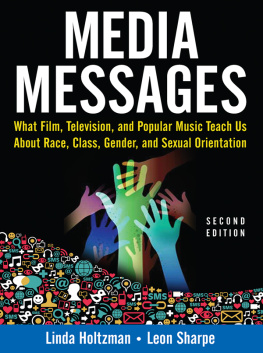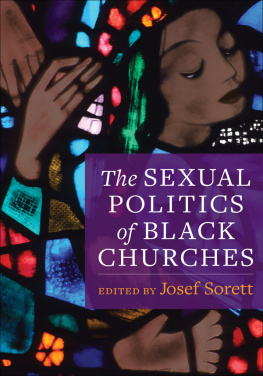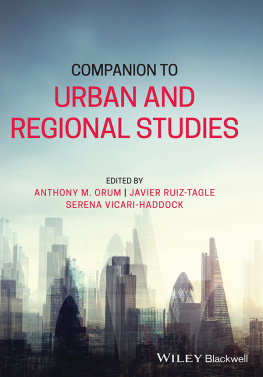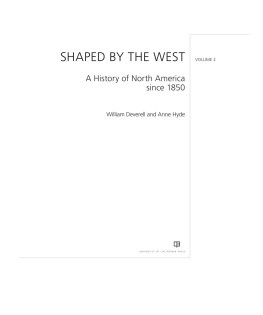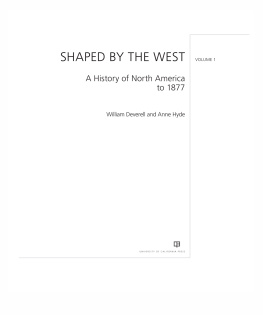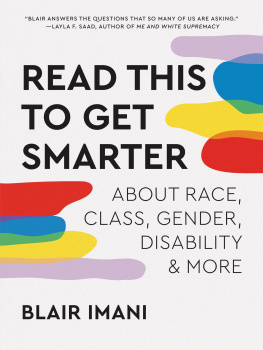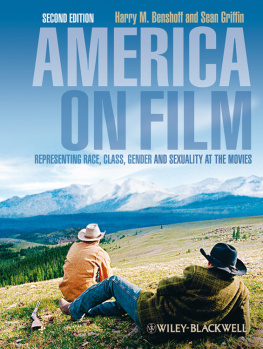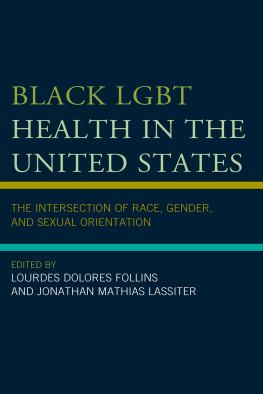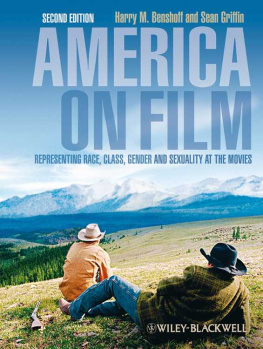Chapters 1, 3, 7, 9, 10, 11, 12, and 13 originally published in a special double issue of Journal of African Studies, Summer-Fall 2004; Volume 8, Numbers 1-2.
First published 2006 by Transaction Publishers
Published 2017 by Routledge
2 Park Square, Milton Park, Abingdon, Oxon OX14 4RN
711 Third Avenue, New York, NY 10017, USA
Routledge is an imprint of the Taylor & Francis Group, an informa business
Copyright 2006 by Taylor & Francis.
All rights reserved. No part of this book may be reprinted or reproduced or utilised in any form or by any electronic, mechanical, or other means, now known or hereafter invented, including photocopying and recording, or in any information storage or retrieval system, without permission in writing from the publishers.
Notice:
Product or corporate names may be trademarks or registered trademarks, and are used only for identification and explanation without intent to infringe.
Library of Congress Catalog Number: 2006040432
Library of Congress Cataloging-in-Publication Data
Free at last? : Black America in the twenty-first century / Juan Battle, Michael
Bennett, and Anthony Lemelle, editors.
p. cm.
Includes bibliographical references and index.
ISBN 1-4128-0582-1 (acid-free paper)
1. African AmericanSocial conditions21st century. 2. African AmericansPolitics and government21st century. 3. Twenty-first centuryForecasts. 4. Social predictionUnited States. 5. United StatesSocial conditions1980- 6. United StatesRace relations. I. Battle, Juan (Juan Jose) II. Bennett, Michael, 1962- III. Lemelle, Anthony J.
E185.86.F745 2006
305.8960730090511dc22
2006040432
ISBN 13: 978-1-4128-0582-7 (pbk)
W.E.B. Du Bois famously said, in his groundbreaking 1903 treatise The Souls of Black Folk, the problem of the Twentieth Century is the problem of the color-line. It has been one hundred years since Du Bois made that prescient statement, which naturally leads to the question: What is the problem of the twenty-first century? We asked the contributors to this book to address just that question. We invited them to engage in some prescience of their own by taking us from the past to the present and then beyond in speculating about the problems, challenges, and opportunities that confront Black America in the new millennium. As we look forward to the next five, ten, fifty, and even one hundred years, what can we expect these years to hold for African Americans, specifically, and for people of color in the United States in general? Some of the following contributions face this question directly, referring to Du Bois and speculating on his twenty-first century legacy. Others deal with the question tangentially. But all are concerned with issues that are of vital importance to Black America as we move into a new century.
In thinking about what the twenty-first century will be like for Black America, we suggested a range of possible topics of importance: race, gender, class, sexual orientation, globalism, migration, health, politics, culture, and urban issues. All of these topics are addressed in some fashion in one or more of the following essays. And, of course, many of the contributions address multiple topics. We also set out to have contributors bring a range of disciplinary perspectives to these diverse topics. Thus we have contributors who are trained in traditional disciplinesSociology, English, Political Science, Psychology and in more contemporary interdisciplinary areasAfrican American studies, womens/gender studies, race theory, cultural studies, and lesbian and gay/ queer theory. We asked that contributors think not just in terms of problems that Black America will face but also in terms of solutions and prospects. In other words, we asked not just Where are we now? but also Where do we go from here?
The first contributionby sociologists Paul Attewell, David Lavin, Thurston Domina, and Tania Leveyutilizes survey data, including the U.S. Census and the Current Population Survey, to describe the status of the black middle-class at the turn of the millennium. Turning to the future, the authors assess the barriers to the growth of this class, focusing on theories of marriageablity and the possibility of downward mobility among affluent black families.
Next is an essay by cultural theorist Joy James that examines the modern relationship between democracy and captivity. Professor James shows us through reading contemporary cultural narratives that incarceration is an analog of slavery used to organize present-day black subordination.
Next we present an essay by political scientist Todd C. Shaw, Two Warring Ideals, that addresses what is surely one of the defining moments of the twenty-first century: the attacks on the World Trade Center and the Pentagon on September 11, 2001. Based on his work with focus groups at a large midwestern public university, Shaw concludes that, in the wake of 9/11, race will not only fundamentally shape ones sentiments about patriotism, but also determine those to whom one expresses such sentiments.
Juan J. Battle and Natalie D.A. Bennett examine the intersection of race and sexual orientation to better understand racism, homophobia, and secondary marginalization in the context of African American cultural values in the new century. They observe that the larger black community has not been open and affirming when it comes to issues of homosexuality but insist that injustice associated with sexual minorities is a necessary development in the protection of rights for African Americans generally.
Medical and gender studies sociologists Verna M. Keith and Diane R. Brown provide an assessment of black health status. They show that the elimination of health disparities, disparities that have been organized largely by race, has been uneven and checkered in development. They provide health policy recommendations for addressing Americas continuing struggle with health disparities. Related to this is the rise of HIV/AIDS in the African American community. Anthony J. Lemelle, Jr. and BarBara M. Scott address the continuing spread of HIV among blacks from a structural perspective. They show that the fight against HIV has been largely influenced by bio-medical individualism when in fact among blacks the spread is largely social and institutional. They stress the need for policies that produce inclusion and diversity among HIV prevention strategists in contrast to policies that promote the singular leadership of cultural whiteness.
Robert A. Browns The Color Line of American Politics, suggests that blacks and whites differ greatly when it comes to their opinions on government social policy. This study focuses on a more general political problem that will face Black America as the century progresses, the growing chasm between African Americans and European Americans with regard to their views of the governments obligation to address citizens basic needs.
Sandra L. Barnes contributes a powerful analysis of the promises and problems of the contemporary black church. Professor Barnes begins with the assertion of the importance of the Black church from the assessment of Martin Delany writing in the mid-1800s. At that time Delany pointed out that the church was the beginning and the end of black struggle for equality. Barnes examines some of the religious, economic, and socio-cultural features of the contemporary black church, challenges it faces, and its ability to be adaptive and resilient. She then makes an assessment of future strategies for black church activism.


